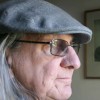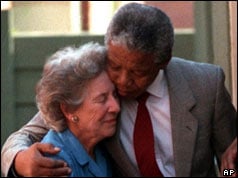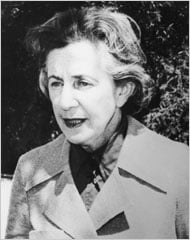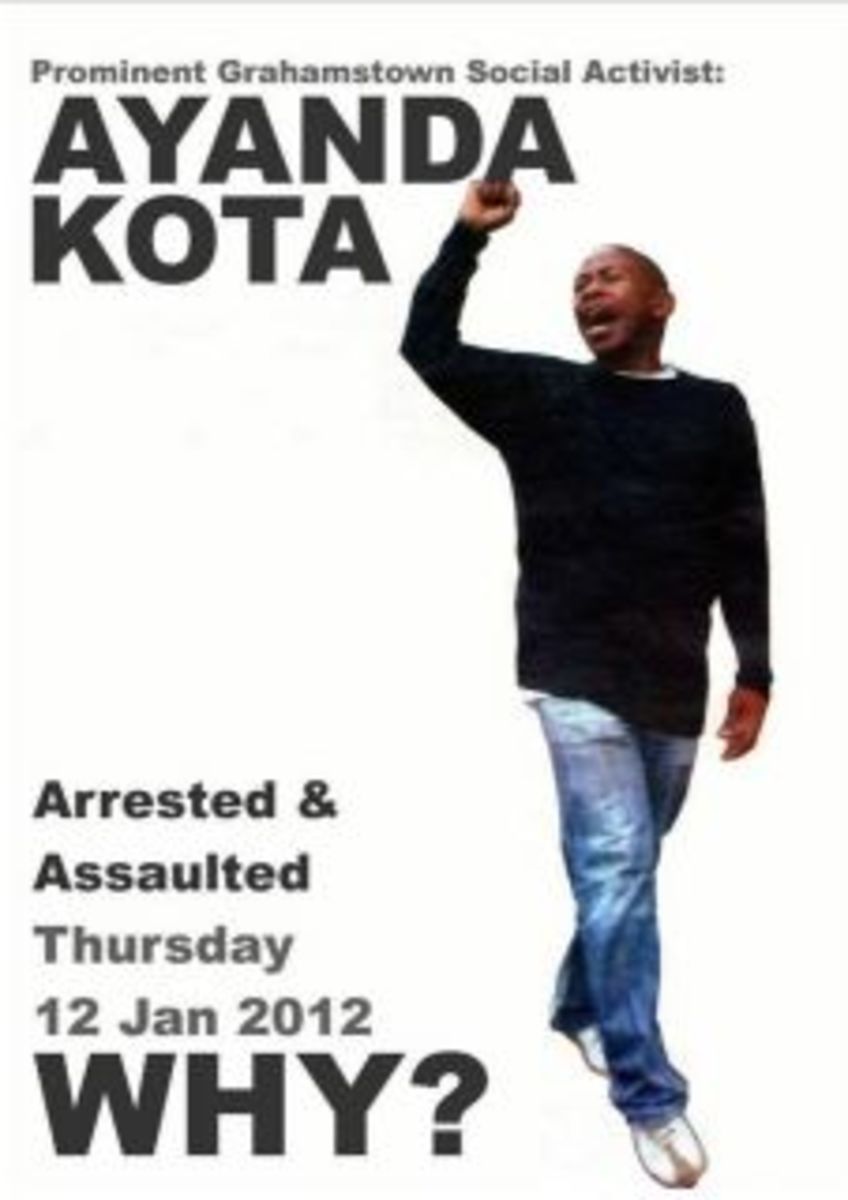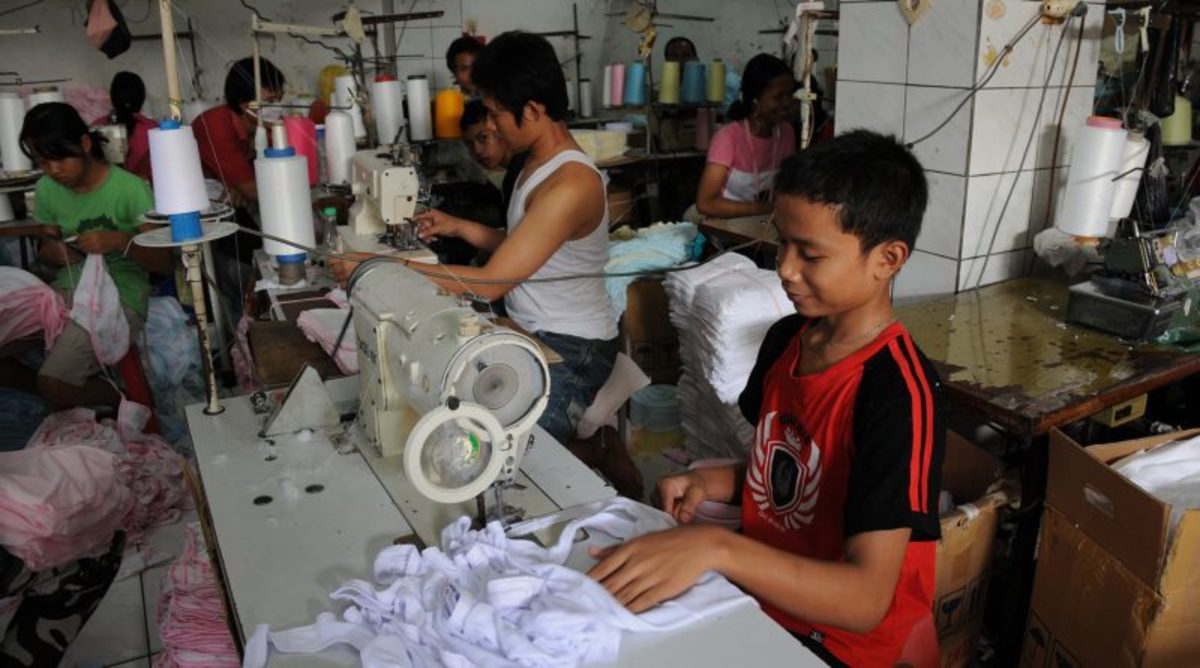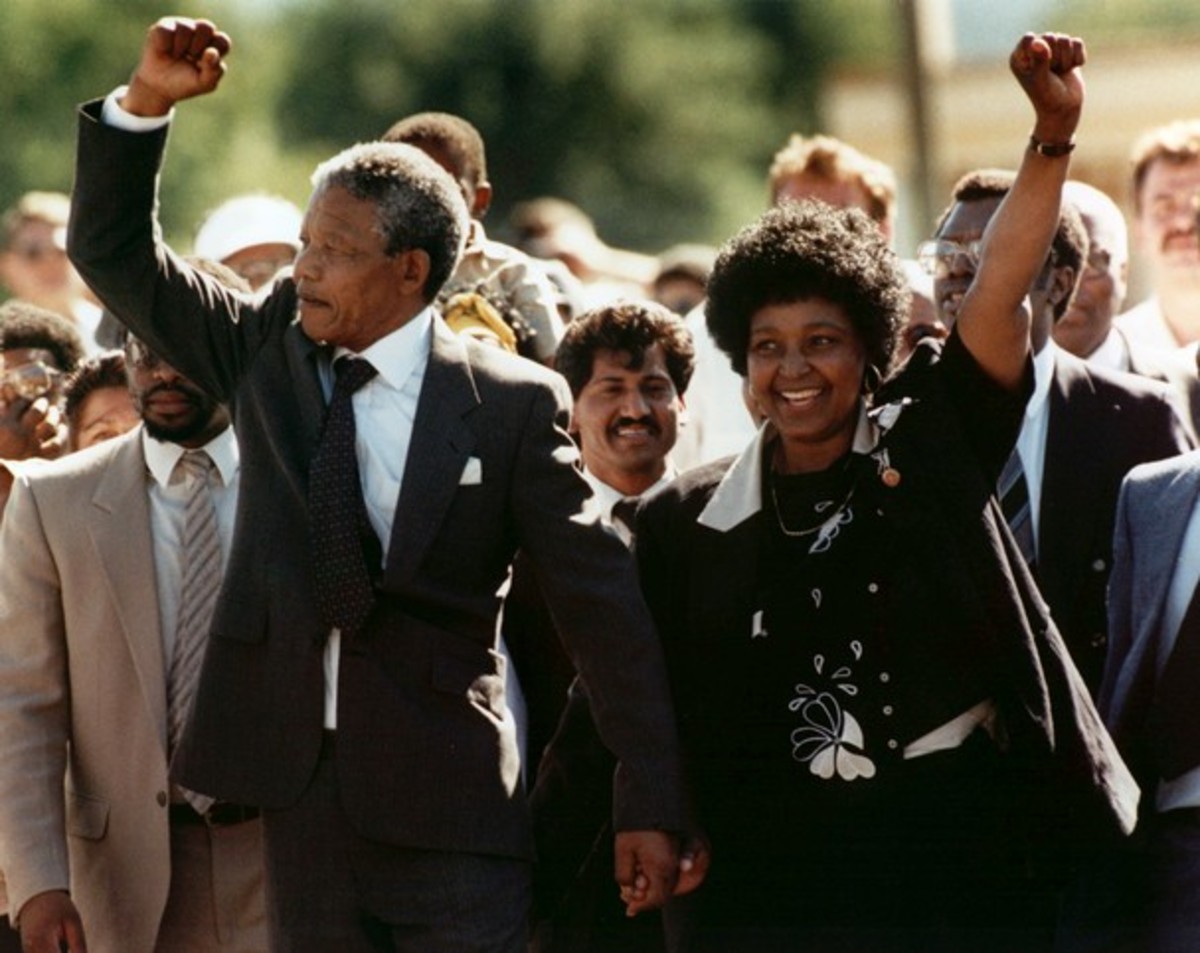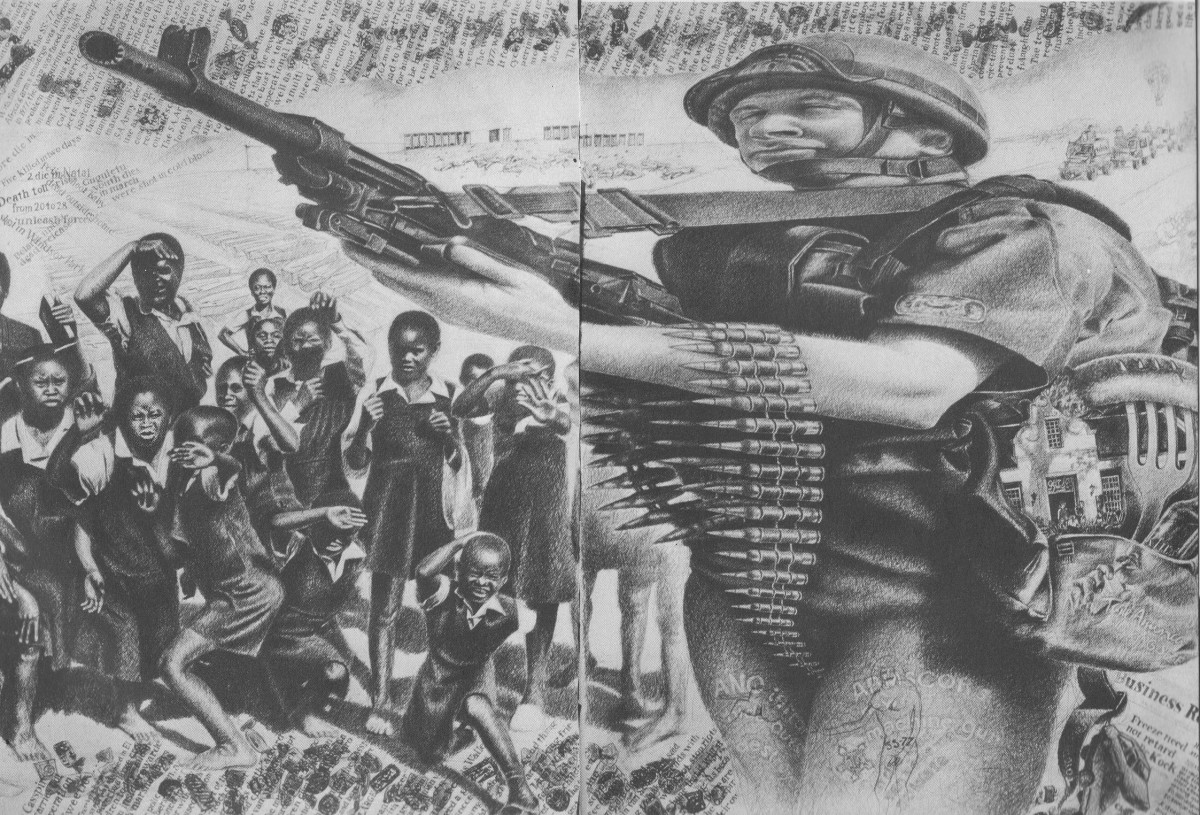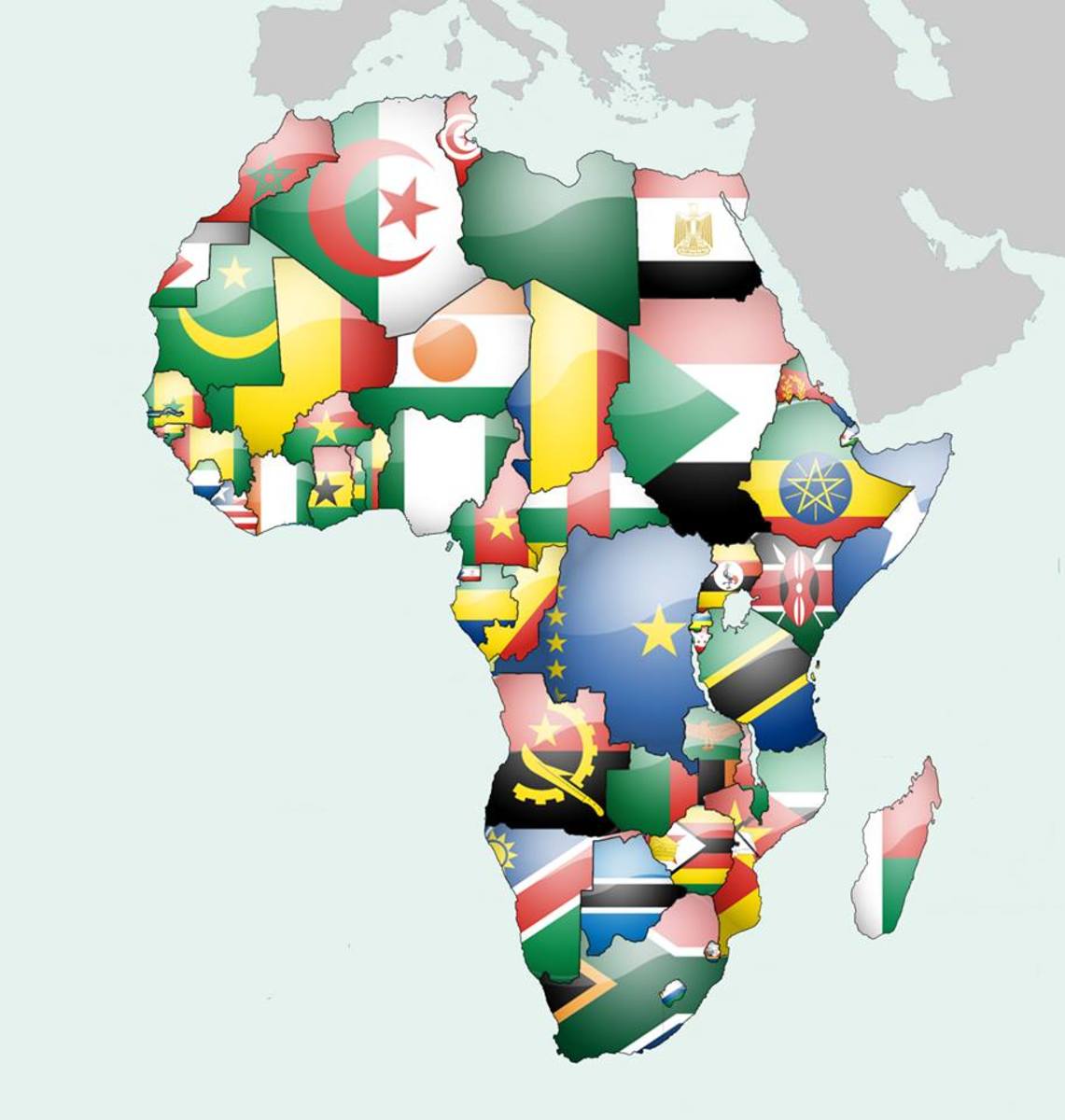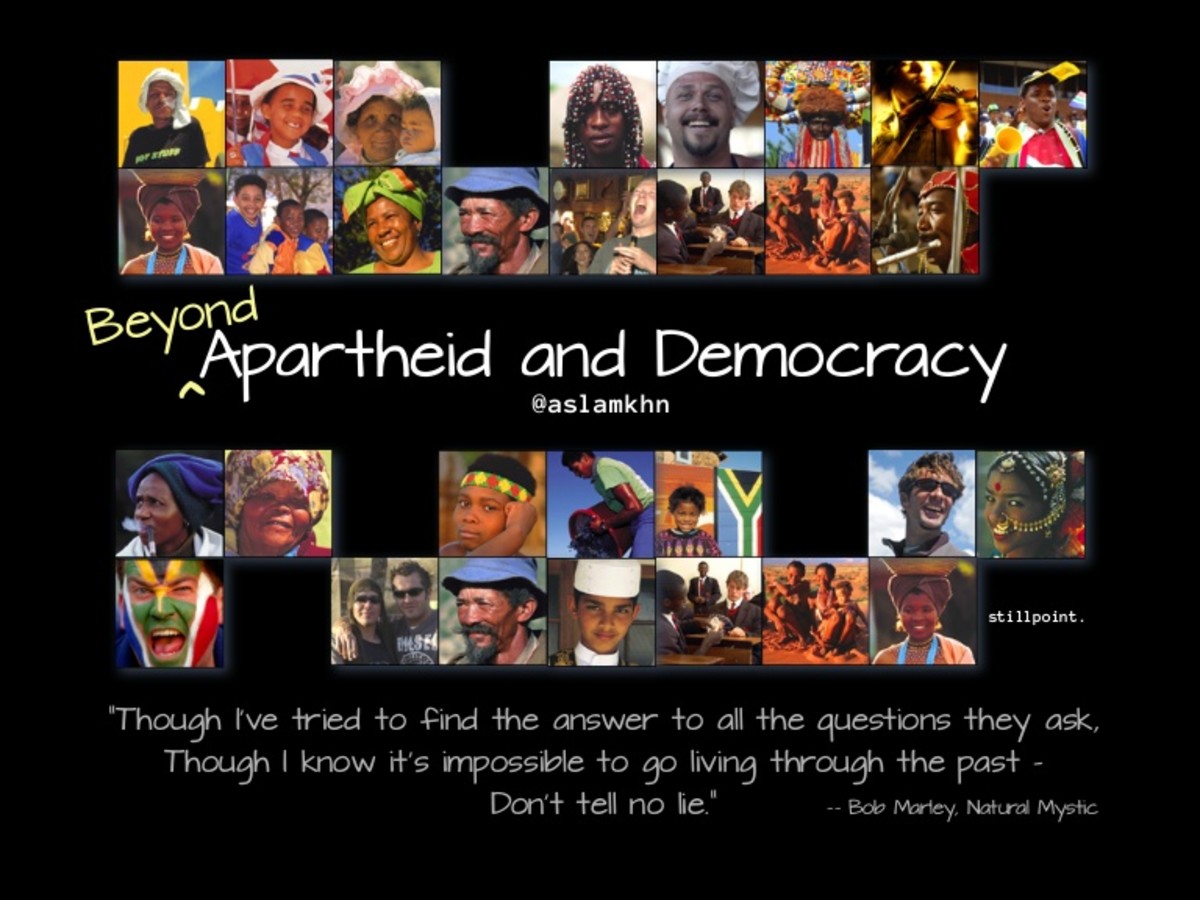The Two Helens
Human rights and two indomitable women in South Africa
Two Helens have epitomized opposition to apartheid over the course of many years. On the one hand (is it the right hand?) was Helen Suzman, whose death this week finally brought the era of the two Helens to an end, and on the other hand (definitely the left hand!) was Helen Joseph.
These two indomitable champions of freedom and democracy were part of my political consciousness for most of my life, and I had the privilege of meeting them both, if rather briefly.


Helen Suzman
Helen Suzman must rank as one of the great parliamentarians of all time, in South Africa and beyond. She was a brave champion of human rights throughout long years when it was not safe to be a champion of human rights in South Africa.
She endured vicious attacks in Parliament. One National Party MP called her “a cricket in a thorn tree” while the unspeakable P.W. Botha called her “a vicious little cat.” She disliked Botha intensely and once remarked of him, that had he been a woman, “he would arrive in Parliament on a broomstick.”
Suzman was one of eleven United Party (UP) parliamentarians who, under the leadership of the Member for Queenstown, Dr Jan Steytler, left the UP to form the Progressive Party in 1959. From 1961 to 1984 she was the lone voice of liberalism in the South African Parliament, earning herself notoriety in National Party circles for her bold speaking out for political prisoners, for the rights of Blacks generally, and for calling attention to the iniquities and inhumanities of the whole apartheid ideology and apparatus.
The time I met Mrs Suzman was in the late 70s when the people of Winterveld, a desolate area north of Pretoria, were suffering immense hardships as a result of apartheid in general, and of the Group Areas Act and the “homelands” policy in particular. I was working for the South African Council of Churches at the time and a Winterveld Action Committee had been established to try to raise awareness of the plight of the people of Winterveld. Mrs Suzman was invited by the committee to see for herself the conditions the people had to live under.
I was impressed by her humility, the way she listened intently to the people, trying to get a thorough understanding of their plight. This lady from the decidedly upper class Northern Suburbs of Johannesburg seemed paradoxically to be quite at home in the squalor and poverty, walking forthrightly through runnels of stinking water and past heaps of festering garbage. No pussy-footing around this lady, I thought at the time.
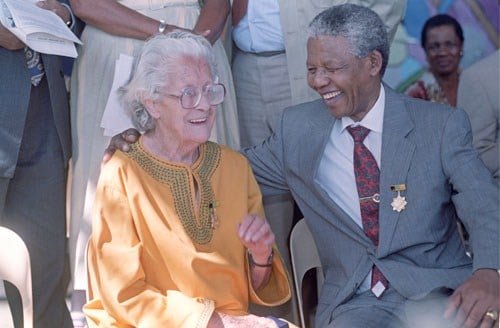
Helen Joseph
From the other end of the social spectrum in a sense came Helen Joseph. This Helen was born in the United Kingdom in 1905 and came to South Africa in 1931. After serving in the Women’s Auxiliary Air Force during the Second World War, she started to work for the Garment Worker’s Union and was one of the founder members of the Congress of Democrats, a white movement in close association with the then all-Black African National Congress (ANC).
As a member of the Congress of Democrats she was a leading light in the Congress of the People held at Kliptown in 1955. This Congress drafted and published the Freedom Charter.
Mrs Joseph was a leading figure in the march of women on the Union Buildings on 9 August 1956 which was in protest against the extension of the Pass Laws to women. The famous freedom song which has come to symbolize the strength and courage of women in the anti-apartheid struggle, Wathint' Abafazi Wathint' imbokodo! (Now you have touched the women, you have struck a rock ) was composed and sung for that march, which was led by Mrs Joseph and Lilian Ngoyi, Rahima Moosa and Sophia Williams-De Bruyn.
The occasion on which I met Mrs Joseph was a party at the home of Dr David Webster, the assassinated anti-apartheid academic, in the mid-80s.
We were discussing her banning and listing under the draconian apartheid security legislation. I rather stupidly, I suppose, said: “What does the government have to fear from you?” I was thinking of the anomaly of the mighty apartheid security machinery being mobilised against a rather frail, elderly woman. Her response was quick: “Quite a lot, I should hope!”
Wathint' Abafazi Wathint' imbokodo!
So the two Helens epitomize two different approaches to human rights: one from the working class, gritty and down-to-earth, the other from the more refined, perhaps, certainly upper middle class.
Clearly different ideological approaches, but somehow both aiming for dignity for all people, both looking for understanding and acceptance, both showing immense courage and conviction and compassion.
South Africa and its people have been greatly enriched by the two Helens. May their spirits be felt among us for many generations to come: Wathint' Abafazi Wathint' imbokodo!
